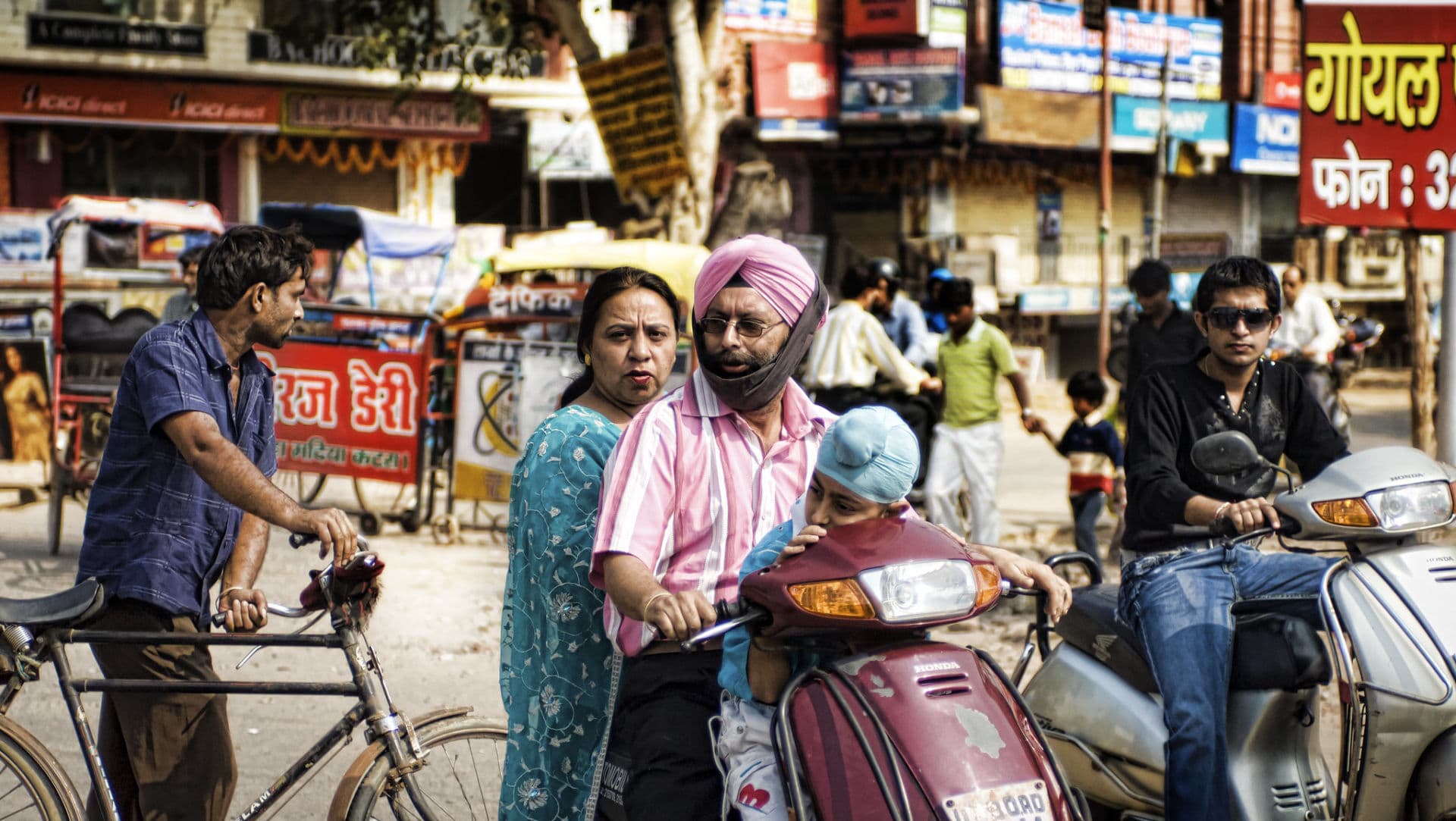Road safety is a cross-cutting issue that demands collaboration across transport, infrastructure, and public health sectors. Recently, officials are increasingly focusing on how sustainable public transport can help solve the problem.
The Birth of Vision Zero
The “Vision Zero” concept was born in Sweden in 1994 and the initiative was adopted by the Swedish parliament in 1997. It was the most ambitious road safety framework ever implemented, setting the target of zero road fatalities or serious injuries on Swedish roads.
Vision Zero was based on the ‘Safe System’ approach – a methodology that recognizes that humans make mistakes, and road designers, transport planners, and policy advisers must take this into account. The approach acknowledges the roles of enforcement, data collection, infrastructure design, speed limits, technology and driving behavior in working towards improved road safety thus lessening road accidents. However, if you’re an unfortunate victim of such accidents, then having professionals, like the car accident attorney birmingham al, who can back you up, can definitely help you in acquiring your compensation.
Today, Sweden is the global leader in road safety performance with 2.8 deaths per 100,000 inhabitants. Between 1990 and 2015, the number of road traffic deaths decreased by over 66 percent. As the international community turned its attention to the issue of road safety, the model of Vision Zero stood out as a demonstrated success story.
In 2010, the UN General Assembly proclaimed 2011-2020 as the ‘Decade of Action’ for road safety.
The World Health Organization and the United Nations regional commissions, in cooperation with the United Nations Road Safety Collaboration and other national and local stakeholders came together to further road safety efforts around the world. This Decade of Action provided governments and civil society with good practice guidelines to address the major road safety risk factors. The Decade of Action also allowed national and local governments to plan for long-term, coordinated activities and defined five pillars of road safety to help key actors structure their work.
In 2015, the importance of improving road safety was acknowledged once again through the Sustainable Development Goals (SDGs); target 3.6 aims to halve the number of global deaths and injuries from road traffic accidents by 2020. However, too frequently driver error, poor maintenance, and other negligence cause bus accidents, which can result in devastating personal injuries for passengers as well as other motorists, pedestrians, and/or cyclists. This is also one of the reasons why it’s important to know how much can you get from a bus accident.
As governments around the world focused their efforts on improving road safety, Vision Zero became a widely accepted global initiative. It was adopted by many cities in the USA, Canada, Norway, and the UK.
Is “Vision Zero” Possible?
Yes, Oslo and Helsinki have done it. According to official 2019 reports from the Norwegian capital Oslo, no pedestrian, cyclist or child died on the streets. With a population of 673,000, only one fatality occurred when a motorist hit a fence. Oslo’s environment and transport department say they achieved this goal by investing in a bicycle strategy, increasing the number of segregated (safe) cycle lanes and giving more space to cyclists and pedestrians while reducing the number of cars on the streets. The country’s national Vision Zero strategy which went into effect in 2002 includes cutting road speeds and increasing the number of safety features in cars.
Related Articles: How Can Cities Create Circular Jobs? | Early Days of COP25 Highlight Plight of Most Vulnerable Nations
Helsinki, the capital of Finland has seen pedestrian deaths decrease from an average of 40 in 1960 to zero in 2019, though there were three traffic deaths reported. According to Jussi Yli-Seppälä, a traffic engineer with the City of Helsinki, “The improvement in traffic safety is the sum of several factors. Traffic safety has improved due to betterments to the street environment, increasing traffic control, the development of vehicle safety measures and technology, and the development of rescue services. Reducing speed limits has also been a key factor.” Currently, the speed limit on most streets in residential areas and the city center is 30 km/h.
What’s Next?
While global north cities such as Oslo and Helsinki have proven the Vision Zero model is possible, cities around the world are working within their own local contexts towards this same ambitious goal.
Mexico City, the fifth-largest metropolitan area in the world, committed to Vision Zero in 2015 and since then has reduced traffic fatalities by 18 percent.
In 2017, Haryana became the first state in India to develop a road safety action plan that addresses existing challenges to increased public transport and the importance of good infrastructure and highlights the need for safe footpaths and segregated cycle lanes on all roads in the city. The program initially covered 10 districts but later expanded to all 21 districts after witnessing the positive impacts.
While significant gains have been made, there is still a need to increase the focus and awareness on road safety in sustainable mobility plans, traffic and infrastructure design, and transport policies.
—
Read UITP and ICLEI’s newly released report “Promoting safe and sustainable cities with public transport” to learn more.
About the Authors: Himanshu Raj, Sustainable Mobility Officer and Dana Vigran, Senior Communications Officer
Editor’s Note: The opinions expressed here by Impakter.com columnists are their own, not those of Impakter.com — In the Featured Photo: Indian Family on Motorcycle — Featured Photo Credit: Trey Ratcliff











